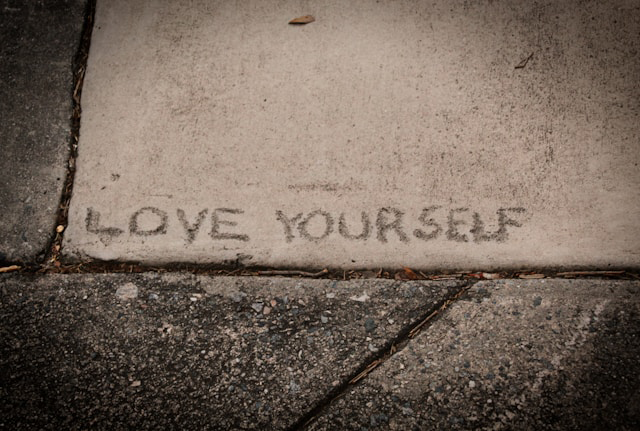Most of us measure the realities of life according to “time.” Without even realizing it, the context of time directs, defines, and limits almost all our thought patterns. Concepts like the past, the present, and the future divide our lives as definitely as a play is divided into three acts: one begins where the previous one ends, until the play is finished. Such is the nature of the external world, a realm of schedules, deadlines, and linear progress where we are constantly tracking our age, achievements, and losses.
However, the clock’s constant walking and the turning of calendar pages do not control the actions in our inner world. When we develop a consciousness that raises self-esteem, we get in touch with a different reality altogether. In the kingdom of our mind and our heart, we discover a self that is neither old nor young, neither beginning nor end, but only a being, a pure being. In this inner world, there is no “before” or “after,” there is no punctuality or tardiness. There is only the peace and serenity of the now—a now that was, is, and always will be. This is the space where a happy memory from years ago can feel as vivid as this morning’s coffee, and where a future hope feels tangibly close.
The healthiest people, therefore, have a sort of dual citizenship: they live in both worlds, the external and the inner. They navigate the time-bound world with skill and responsibility, yet they draw their true strength from the timeless one. Albeit wasting valuable and precious time in the external world saddens them, they also recognize that the true wealth of human experience is eternal. Every lesson learned, every moment of love, every burst of creativity—these are not confined to a date on a calendar.
Everything good in the world finds its permanent home in the inner world. In this sacred space, nothing is truly lost, and nothing is ever wasted. A friendship does not end; its essence is simply stored in the soul. A dream is not forgotten; its energy is added to the foundation of who we are. In the soul, there is only the eternal present. This idea of a timeless, eternal present found within resonates with the philosophical concept of eternalism, which suggests that past, present, and future all equally exist. According to this view, our consciousness simply moves through these dimensions, much like a reader moves through the chapters of a book, yet the entire story is already complete.
So why worry excessively about time? Our true self is everlasting. We have to live happily, as every day brings forth its own unique joys and problems. Let’s keep going forward, honoring time where we must, but residing in eternity where we can.
